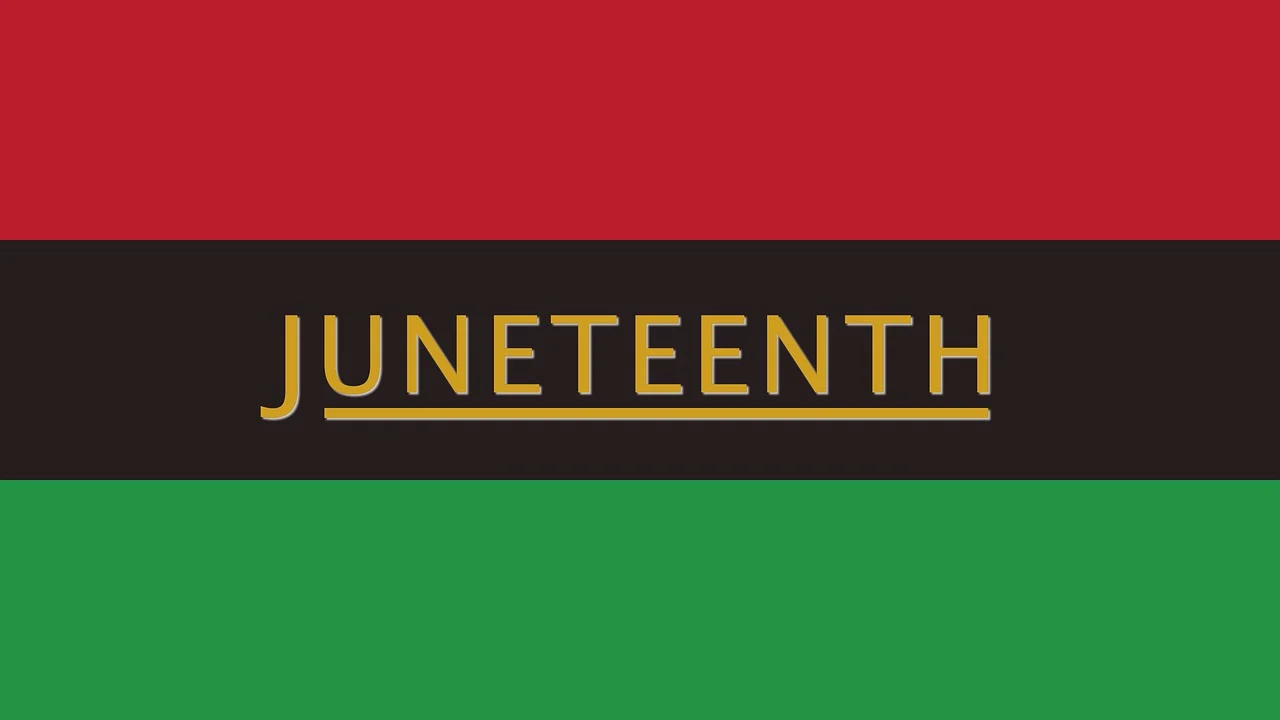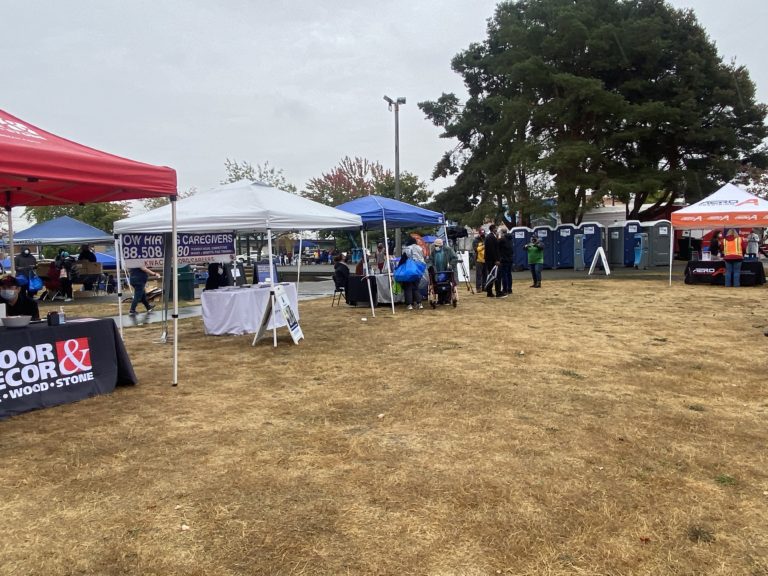It’s the Enslavement for Me
 BY MICHAEL JORDAN
BY MICHAEL JORDAN
BUSINESS OPERATIONS SPECIALIST, BLACK COLLECTIVE IN PARTNERSHIP WITH SOUND OUTREACH
It’s the enslavement for me…
Headlines rang with the announcement, “Walmart apologizes for Juneteenth ice cream flavor after backlash.” In the same article, CBS News stated, “The Juneteenth ice cream’s packaging urged consumers to ‘share and celebrate African-American culture, emancipation, and enduring hope.’”
The age-old saying, “You have to know better to do better,” rings true here. Why was there a backlash? Clearly, the ice cream along with napkins, plates, cups etc. declaring “It’s the Freedom for me” were offensive to descendants of enslaved black people. Unknown source, “Kanye thinks he’s doing what Kendrick is doing.” In this scenario Walmart could be seen as Kanye, “out of pocket.” This could have been avoided through decision makers at Walmart having some key information mixed with compassion. As this holiday is relatively new to some, this blog post aims to highlight some history, examine the present, and inspire readers to explore change for the better.
A walk down memory lane…
The emancipation proclamation was signed on January 1, 1863; it did not reach completion until over two and half years later when Texas got in line. Though the law was in place, it took time for Union forces to take control of some confederate strongholds and enforce freedom. This article states:
“In the westernmost Confederate state of Texas, enslaved people would not be free until much later. On June 19, 1865, Freedom finally came when some 2,000 Union troops arrived in Galveston Bay, Texas.”
The heart of Juneteenth is reflected in the words of Maya Angelou: “The truth is, no one of us can be free until everybody is free.” Juneteenth is a day of cultural connection, reflection, and appreciation.
In the present day, there are several questions to ponder for those who wish to appreciate and understand this holiday.
- How does the fact that it took 156 years for the US government to recognize Juneteenth as an official holiday demonstrate progress?
- Why did Texas wait until June? (They wanted one last Harvest.)
- Can we prove actual progress for life as newly freed black folks and their descendants?
Some believe there has been a ton of change and improvement. However, if you research utilizing books like The Color of Law, The Color of Money and The Sum of Us you will learn more than any average American history textbook has to offer. Then google “The Southern Strategy” and you will discover that there is work being done to undermine the positive aims of Civil Rights. Thankfully, this isn’t the end of the story.
We gon’ be alright!
The “Know better do better paradox” (this author’s invention) proves that the more people know actual history, the more apt they are to change the present and thereby change the future. The challenge of getting rid of “Zero Sum Thinking” and realizing the power of “The Solidarity Dividend” (terms from Heather McGhee’s The Sum of Us) is at the core of many challenges in the US.
A 2020 study done in Seattle had this to say:
“We anchor on race in our analysis because holding all other factors constant, one’s race is more likely to predict outcomes than other factors on almost every issue.”
The fact that these studies are being done and shared and impacting policy is a step towards making life better for black people. There are increasing chances for everyone to know better and do better. The Pierce County Community Engagement Task Force is one such place. In the Puyallup area, many are working with community to promote awareness of Juneteenth and the history and reason of it’s being celebrated. The Two Way Racial Healing Project is hosting an event on Juneteenth where people can connect, reflect and appreciate what it took our ancestors to get here, and how we can make a better reality for our children.
Michael Jordan is the Business Operations Specialist at the Black Collective in Partnership with Sound Outreach, which works to be a place where black businesses of all sizes can realize revenue growth through subsidized services and business literacy support, while having their voice influence change in the economic ecology of Pierce County.
They are the next step after accelerator programs and are working to be relevant businesses at every phase, helping them build through collaboration and community.








